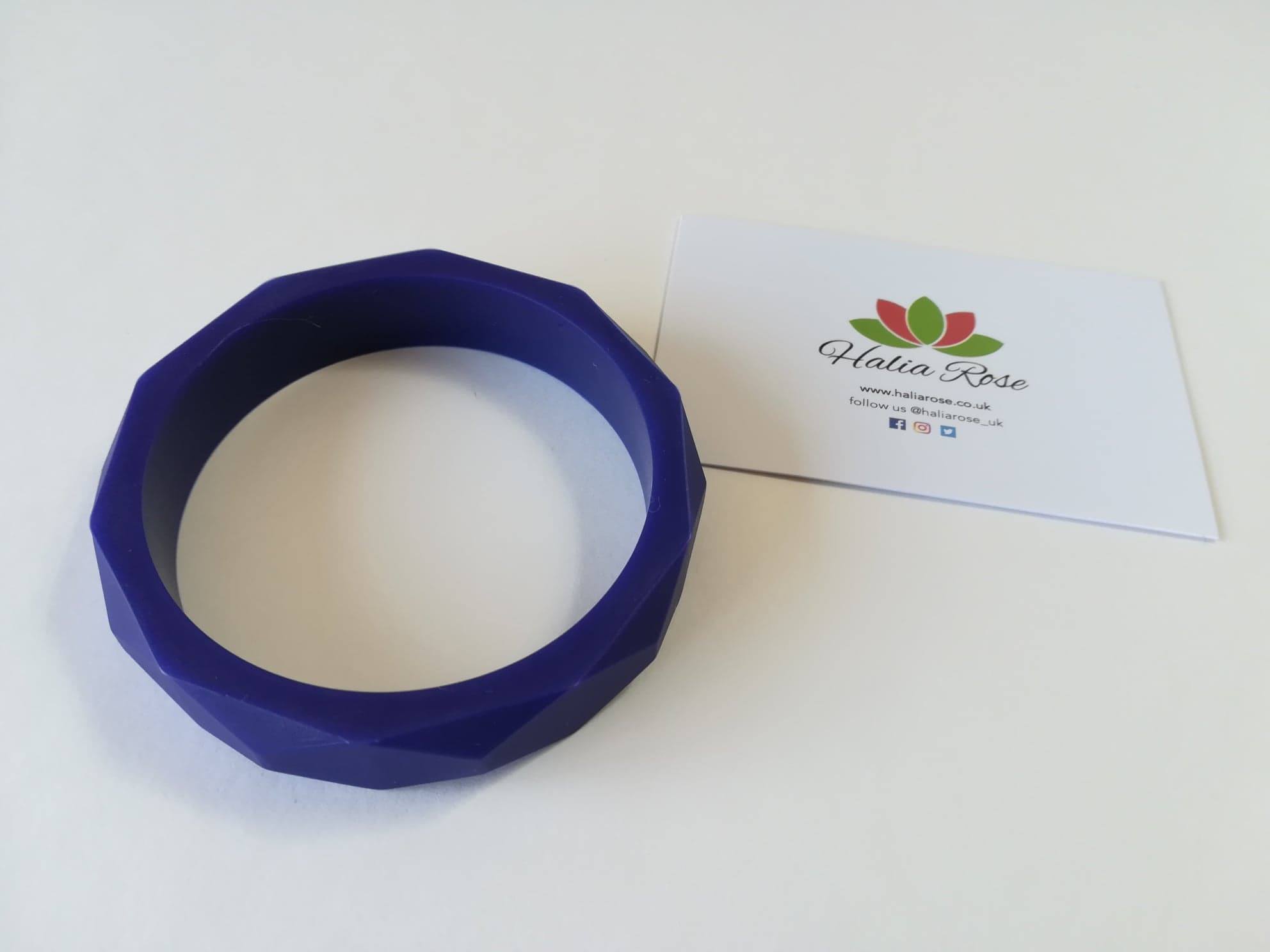HOW TO STOP YOUR CHILD WITH AUTISM FROM BITING
There are quite a few reasons behind why children with special needs bite. Luckily, most reasons can be improved with the same set of solutions.
PRAISE INCOMPATIBLE BEHAVIORS
Your child won’t be able to bite someone if they’re using their mouth for something else, and that’s just what incompatible behaviors are. With this method, you can try to give your child a task to complete with their mouth, and give them praise while they’re completing it.
Here are some behaviors that are not compatible with biting:
- Having a snack
- Blowing bubbles
- Chewing gum (if your child is able to chew gum safely)
- Praise your child with Autism for biting an appropriate object
IF YOUR AUTISTIC KID IS BITING TRY TO KEEP THEM BUSY
Another way to help your child refrain from biting is to keep them busy on a predictable schedule. This method works well if your child is biting out of boredom, or if they are biting out of frustration that could be improved with a bit more predictability.
Here are some ways to help your child stay on a schedule:
- Create a visual schedule, so your child can see what is coming next
- Provide activities that help your child meet their sensory needs
IF YOUR CHILD WITH AUTISM IS BITING: TRY TOAVOID OVER-STIMULATION
Avoiding over-stimulation goes back to the communication-related reason for biting. Over-stimulation is common in children with Autism, and if they are not able to communicate how they’re feeling with you, it can also lead to aggressive behavior such as biting.
If you’d like to learn more about sensory overload and how you can avoid it, you can read more
here.
PROVIDE YOUR AUTISTIC CHILD AN APPROPRIATE OUTLET TO MEET THEIR ORAL SENSORY NEED
One of the easiest ways to help put a stop to your child with Autism’s biting is to give them something that they’re allowed to bite and chew on. This is extremely successful since it can be beneficial no matter the reason behind the bite. If your child feels the need to bite and they have an appropriate object with them, they are far less likely to bite themselves or others.
ABA Therapists often use sensory
chews as their tool of choice when helping children who bite others or themselves. However, you don’t need a professional to begin using a chew. It’s an item you can easily introduce to your child on your own.
If you’re ready to try a chew for your child with Autism, spend some time looking through
ChuBuddy’s product line. We have a variety of chews, from handheld chews to bracelets and necklaces. We have products for light chewers, heavy chewers, and everything in between.
While you work toward stopping your child with Autism’s biting, remember that you aren’t alone in this struggle. Many children with Autism bite, and it’s completely possible to help them move on from aggressive and self-harming behaviors. With a deeper understanding of why biting occurs and a few new methods to move past it, you and your child will be able to move on from biting with confidence and success.






